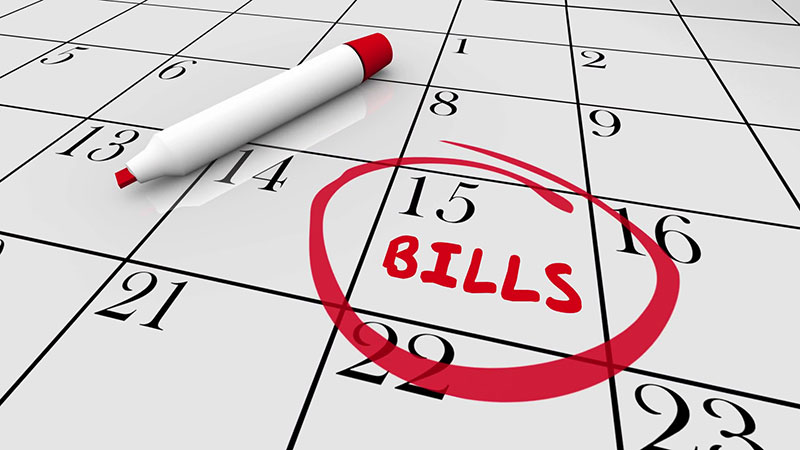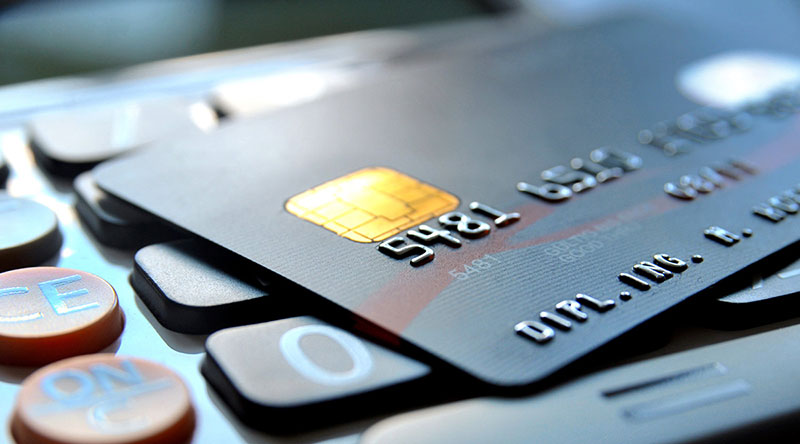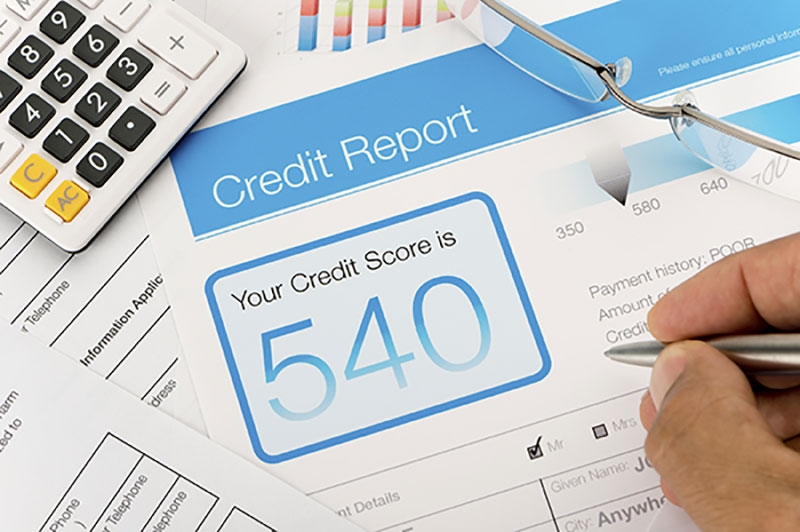Your credit score is a three digit number that often determines your financial well-being. It helps lenders decide whether you qualify for a credit card or loan, as well as the terms on which they’re granted. The higher the score, the more favourable the term. If your credit score isn’t as high as you’d like, don’t worry. There are plenty of ways to improve it. Let’s explore what some of them are.
Learn what your credit scores are and fix the ones that matter.
You can check your scores (most people have more than one) online. When you do, you’ll also be given information that helps you identify the factors affecting your each score. That will help you figure out what changes you need to make. But remember to focus on the important ones. Usually, the most influential scores are payment histories and credit utilisation ratios. Fixing minor scores won’t help. It’s the big ones you need to start with.
Pay your bills on time.

This is one of the most important factors that affect your credit scores. It’s one of the easiest to maintain and ironically, the one most people neglect. When you apply for a credit card, the lender is going to be really interested in your past payment performance – the past being a good predictor of future behaviour. Pay all your bills on time. Not just credit cards or loans, but your rent, utilities, phone and internet bills, and so on. If you have a bad memory, use automatic payment options or set reminders on your calendar. And if you’re currently behind on your payments, get in front of them as soon as possible.
Don’t apply for new credit accounts to fix a bad credit score.
Many people do, thinking the extra credit will improve their score. It usually has the opposite effect. If your bank or credit card company isn’t issuing a card, it’s probably for good reason. (Unfortunately, quite a few of them are only too eager to issue credit cards for people who shouldn’t be allowed to qualify.) Unnecessary credit can do a lot of damage and ends in debt too often for comfort.
If you have an unused credit card, keep it open.

Unless, of course, it’s costing you money in annual fees. An unused credit card can increase your credit history and available credit. You’ll be rewarded from having a long-standing credit account and for using minimum amounts of your credit limit.
Keep an eye out for inaccuracies

Check all your credit reports regularly. Incorrect information that you miss could end up dragging your score down and fixing it after could get tricky. Go through all the accounts listed on your reports and if you see errors, contact your credit card company and get it corrected immediately.
Remember that negative information tends to linger.
Negative information includes late or erratic payments and it remains part of your credit record for a fixed period of time. (Often, years.) Paying it off immediately won’t remove it. Only time will. That’s why it’s crucial to avoid it in the first place.
Also remember that late is always better than never.
Closing an account won’t get rid of your late payments or help your credit history. The best (and only) thing to do is simply get back on track. Identify where you’ve gone wrong. Set reminders and alerts to make punctual payments. And speak to your bank or credit card company: they are sometimes willing to forgive late payments if there was a good reason for the delay.
Don’t transfer debt.
People often make the mistake of transferring old debts to new accounts – but, if you can, it’s often better to just pay the debt off straight. You can ask your debt collector if they’re willing to stop reporting the debt in exchange for complete payment. It isn’t always possible for them to do but there’s no harm asking, is there?
A good credit score can open doors for you. The trick is to establish a few habits you need to stick to – continuously checking your score, revising reports for errors and paying bills on time.
When it’s this easy to stay ahead, there’s no need to fall behind.



